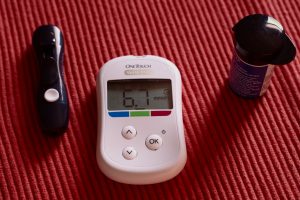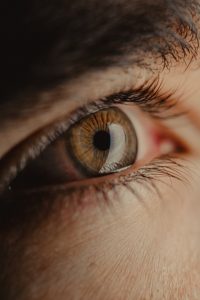A new “smart” contact lens is in the developing stages in hopes that it will help diabetics be able to monitor glucose levels through the liquid in their eyes. 

Contacts for Diabetics
Experts claim this will be the first potential use of contacts to monitor diabetes; however, this invention actually comes after Google attempted to release Google Contact Lens in 2018, to no avail. With previous hopes that a contact lens could diagnose diabetes, experts are predicting this new product could replace invasive blood tests for diabetics and also bring about new treatments for various eye diseases.
How This Lens Works


Agent Materials
Agents, at Empower we value your success. Give us a call if you have any questions 888-539-1633.
Quick Links:
• Contracting Portal
• Check out Events
• Get Customized Marketing Materials




